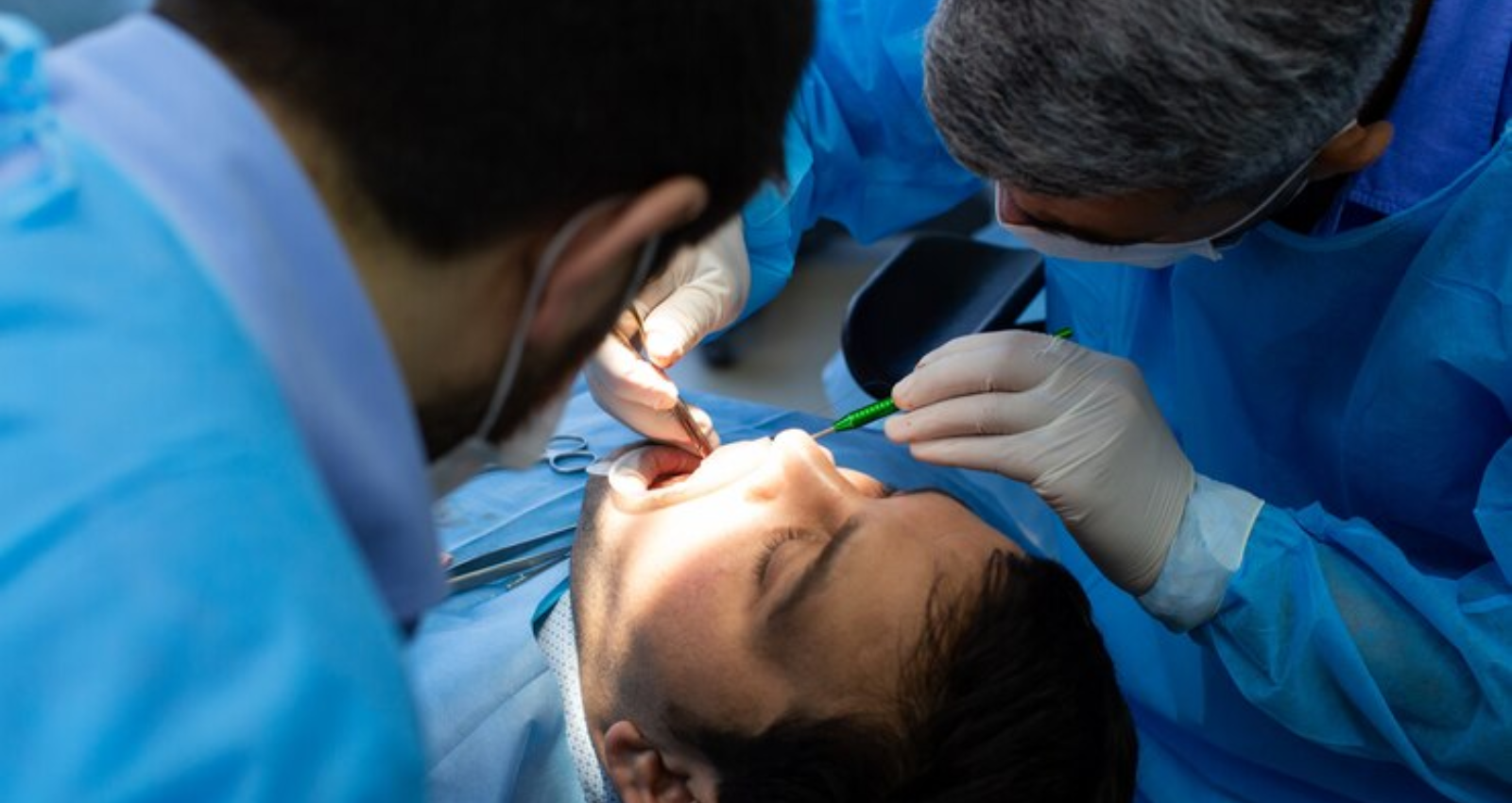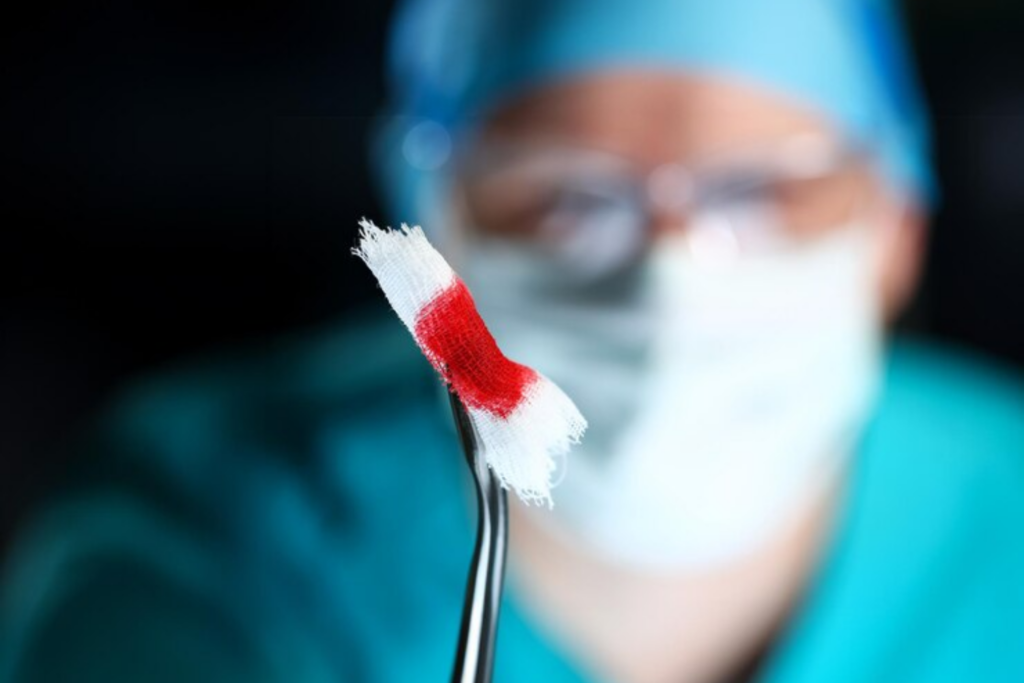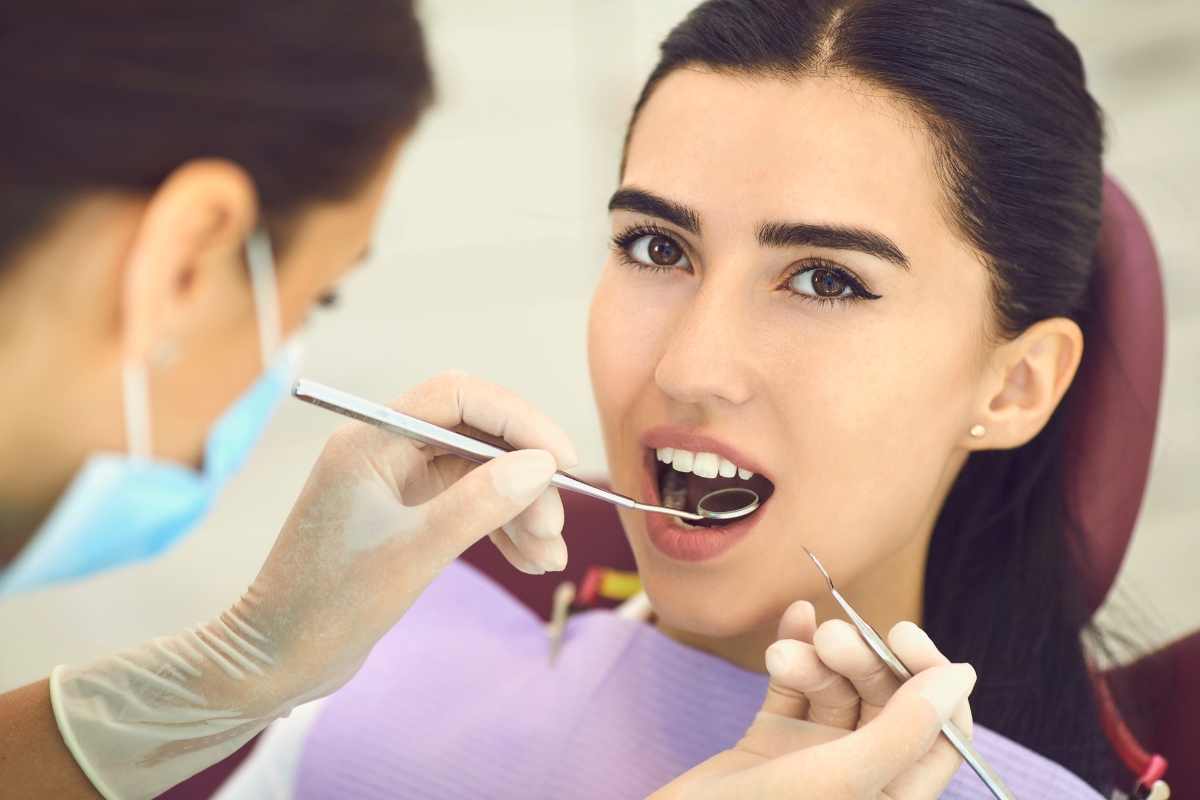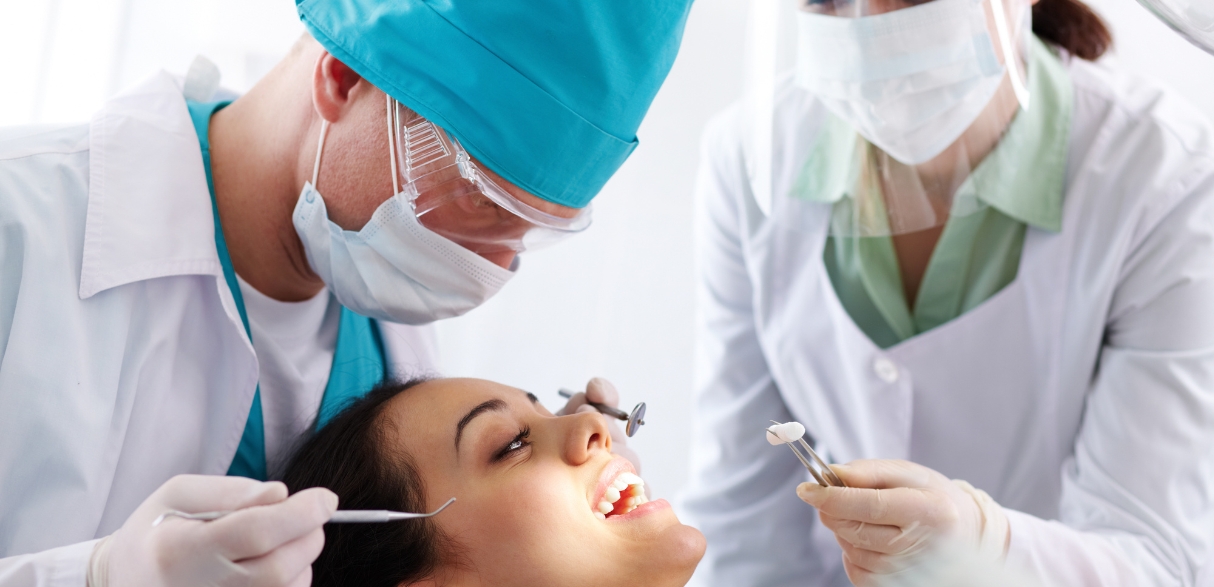

Oral surgery, whether for wisdom teeth removal, dental implants, or other procedures, can be a daunting experience. One of the most common post-operative concerns is managing and stopping bleeding. Proper aftercare is crucial to ensure a smooth recovery and prevent complications. This comprehensive guide will discuss effective strategies to stop bleeding after oral surgery and provide tips for overall aftercare to promote healing.
Understanding Post-Surgical Bleeding
Bleeding after oral surgery is normal and typically lasts for several hours. Your body’s natural response is to form a blood clot at the surgical site, which is essential for healing. Dislodging this clot can lead to a painful condition known as a dry socket. Therefore, knowing how to manage and stop the bleeding is crucial to avoid excessive blood loss and potential complications.

Immediate Steps to Stop Bleeding
- Apply Pressure with Gauze
- After surgery, your dentist will place a gauze pad over the extraction site or surgical area. Bite down gently but firmly to apply pressure.
- Keep the gauze in place for at least 30-45 minutes. If bleeding persists, replace the gauze with a fresh piece and continue to apply pressure.
- Avoid talking, chewing, or opening your mouth widely during this period to maintain steady pressure.
- Use a Tea Bag
- If bleeding continues after using gauze, try placing a damp tea bag (preferably black tea) over the surgical site and bite down gently. The tannic acid in tea can help constrict blood vessels and promote clotting.
- Leave the tea bag in place for 20-30 minutes.
- Maintain an Upright Position
- Sit or lie with your head elevated on pillows to reduce blood flow to the surgical area. Avoid lying flat, as this can increase bleeding.
- Avoid Disturbing the Clot
- Do not rinse your mouth vigorously, spit, or use a straw for the first 24 hours. These actions can dislodge the blood clot and cause bleeding to resume.
Additional Tips to Control Bleeding
- Stay Calm and Relaxed
- Anxiety and stress can elevate blood pressure, potentially increasing bleeding. Practice deep breathing exercises to stay calm.
- Cold Compresses
- Apply a cold compress or ice pack to the outside of your cheek near the surgical site. This can help reduce swelling and slow down bleeding by constricting blood vessels.
- Avoid Physical Activity
- Refrain from strenuous activities and exercise for at least 24-48 hours after surgery. Physical exertion can increase heart rate and blood pressure, leading to more bleeding.
- Watch Your Diet
- Stick to soft foods and avoid hot, spicy, or hard foods that can irritate the surgical site and cause bleeding. Cold or lukewarm foods and beverages are preferable.
- Hydration and Oral Hygiene
- Drink plenty of water to stay hydrated, but avoid using straws. Rinse your mouth gently with a saltwater solution after 24 hours to keep the area clean without disturbing the clot.
Recognizing When to Seek Help
While some bleeding is normal, it’s essential to recognize when it becomes excessive or if other symptoms indicate a problem. Seek immediate dental or medical attention if you experience:
- Excessive Bleeding
- If bleeding persists for more than 24 hours despite following proper aftercare instructions, contact your oral surgeon.
- Signs of Infection
- Symptoms such as severe pain, swelling, fever, or a foul odor from the mouth may indicate an infection. Prompt treatment is necessary to prevent complications.
- Formation of a Dry Socket
- If the blood clot becomes dislodged or dissolves prematurely, exposing the bone and nerves, you may develop a dry socket. This condition is extremely painful and requires professional treatment.
Long-Term Care for Optimal Healing
- Follow Your Dentist’s Instructions
- Adhere to all post-operative care instructions provided by your dentist or oral surgeon. These guidelines are tailored to your specific procedure and individual needs.
- Maintain Oral Hygiene
- Brush and floss your teeth carefully, avoiding the surgical area for the first few days. Gradually resume gentle brushing around the site as it heals.
- Monitor Your Diet
- Continue to eat soft foods for the first few days and gradually reintroduce more solid foods as you heal. Avoid chewing on the surgical side to prevent irritation.
- Stay Hydrated
- Drink plenty of fluids, but avoid carbonated beverages and alcohol, which can irritate the surgical site.
- Attend Follow-Up Appointments
- Attend any scheduled follow-up appointments with your dentist or oral surgeon to monitor your healing progress and address any concerns.
Managing Pain and Discomfort
- Pain Medication
- Take any prescribed pain medications as directed. Over-the-counter pain relievers such as ibuprofen or acetaminophen can also help manage pain and reduce inflammation.
- Cold Compresses
- Continue using cold compresses for the first 24-48 hours to minimize swelling and discomfort.
- Saltwater Rinses
- After 24 hours, rinse your mouth gently with a warm saltwater solution (1/2 teaspoon of salt in 8 ounces of water) several times a day to promote healing and reduce bacteria.
Potential Complications and Their Management
- Dry Socket
- A dry socket occurs when the blood clot at the extraction site becomes dislodged or dissolves, exposing the underlying bone and nerves. Symptoms include severe pain, bad breath, and an unpleasant taste in the mouth. Treatment involves cleaning the socket and placing a medicated dressing to promote healing.
- Infection
- Infection can occur if bacteria enter the surgical site. Signs include increased pain, swelling, redness, fever, and pus discharge. Treatment involves antibiotics and proper oral hygiene.
- Prolonged Bleeding
- If bleeding continues for more than 24 hours, contact your oral surgeon. They may need to apply additional treatments, such as sutures or hemostatic agents, to control the bleeding.
Preventive Measures for Future Oral Surgeries
- Pre-Surgical Preparation
- Follow all pre-operative instructions provided by your oral surgeon. This may include avoiding certain medications, fasting before surgery, and arranging for transportation home.
- Quit Smoking
- Smoking can delay healing and increase the risk of complications such as dry sockets and infection. Consider quitting smoking before your surgery to improve your recovery outcomes.
- Healthy Lifestyle
- Maintain a healthy lifestyle with a balanced diet, regular exercise, and good oral hygiene to promote overall health and improve your body’s ability to heal.
Proper management of bleeding after oral surgery is crucial for a smooth recovery and prevention of complications. By following the guidelines outlined in this comprehensive guide, you can effectively stop the bleeding, manage pain, and promote optimal healing. Remember to stay calm, follow your dentist’s instructions, and seek professional help if you experience any signs of complications. With the right care and attention, you’ll be on your way to a swift and successful recovery.


